4, December 2021
UN says violence in Southern Cameroons impacting over 700,000 children shut out of school 0
Over 700,000 children have been impacted by school closures due to often brutal violence in Cameroon, according to an analysis released by the UN humanitarian arm, OCHA, on Thursday.
Two out of three schools are closed in the North-West and South-West regions of the country. On 24 November, four children and one teacher were killed in an attack in Ekondo Titi, in the South-West.
Lockdown
A recent lockdown imposed by a non-State armed group, from 15 September to 2 October, limited access to basic services including health and education.
Over 700,000 children have been impacted by school closures due to violence in northwest and southwest Cameroon.
During the period, OCHA reported a series of attacks in the North-West.
Eight students were kidnapped, and a girl’s fingers were chopped off after she tried to attend school. Five public school principals were also kidnapped, including one who was then killed.
All schools and community learning spaces were closed, except for some schools in a few urban areas which operated at less than 60 per cent capacity.
The lockdown and insecurity also forced UN agencies and aid organisations to temporarily suspend the delivery of aid. During that time, about 200,000 people did not receive food.
Multiple crisis
Nine out of ten regions of the country continue to be impacted by one of three humanitarian crises: the crisis in the North-West and South-West, conflict in the Far North, and a refugee crisis, with people fleeing the Central African Republic.
Because of these combined crises, over one million children need urgent education support.
To answer some of these needs, Education Cannot Wait (ECW), the UN global fund for education in emergencies and crises, is working closely with UN agencies, the Norwegian Refugee Council and other civil society partners.
ECW is contributing $25 million over three years and calling for other donors to fill the gap, which is estimated at $50 million.
When fully funded, the programme will provide approximately 250,000 children and adolescents with access to safe and protective learning environments in the most-affected areas.
Just this week, the Secretary-General of the Norwegian Refugee Council, Jan Egeland, and the Director of Education Cannot Wait, Yasmine Sherif, had a joint visit to the country.
In a statement, Ms. Sherif said the situation “is among the most complex humanitarian crises in the world today.”
“Children and youth are having to flee their homes and schools, are threatened with violence and kidnapping, and being forced into early childhood marriage and recruited into armed groups,” Ms. Sherif recalled.
Jan Egeland argued that “putting a schoolbag on your back shouldn’t make you a target”, but unfortunately children in Cameroon “risk their lives every day just showing up for school.”
“Cameroon’s education mega-emergency needs international attention, not deadly silence by the outside world,” Mr. Egeland declared.
Source: News@UN.org
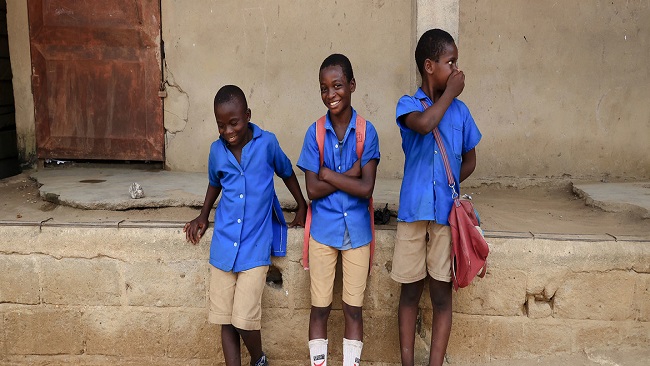
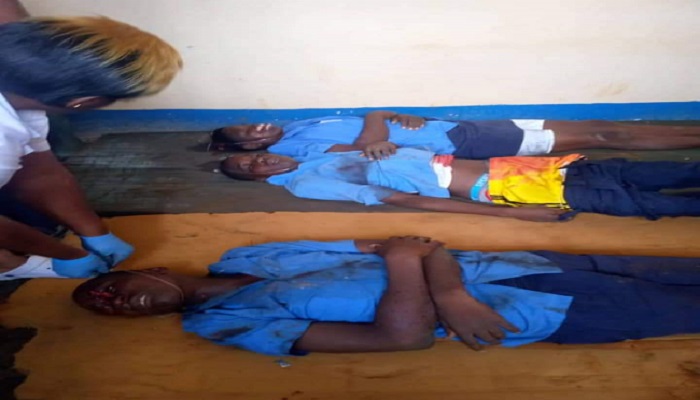
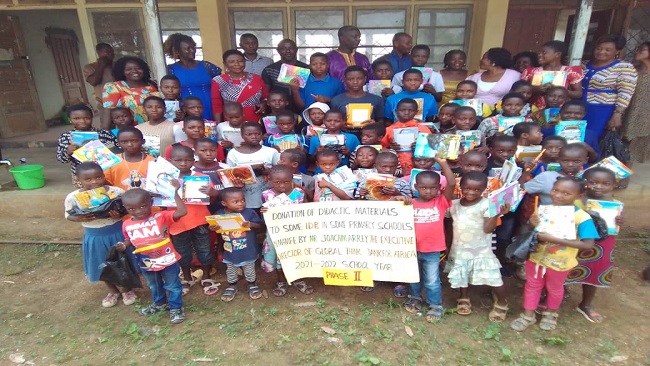

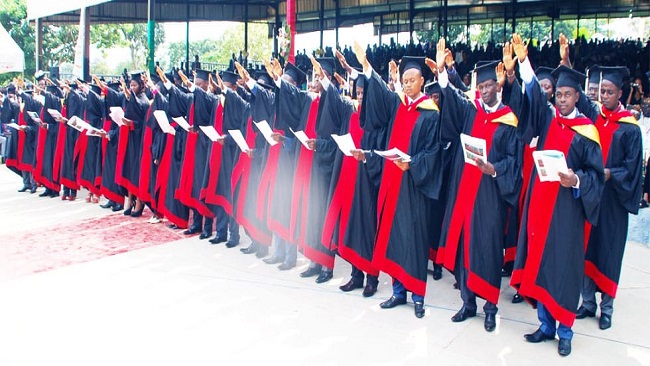
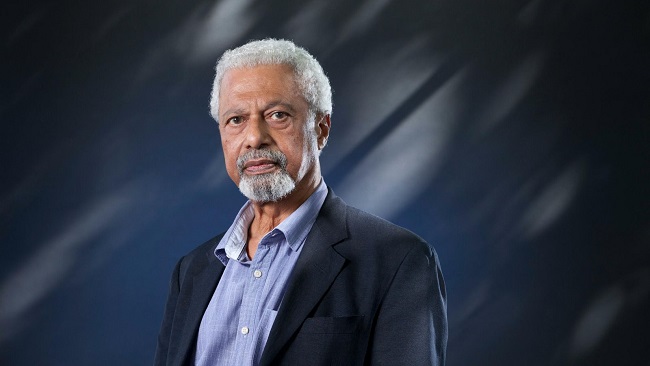
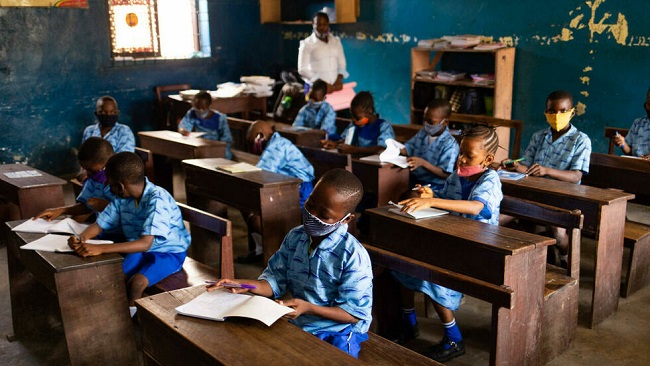
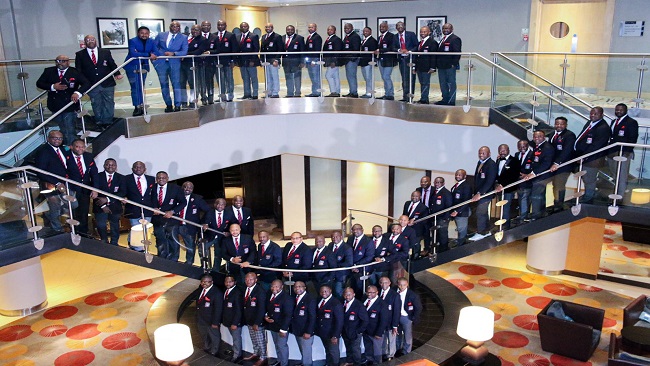
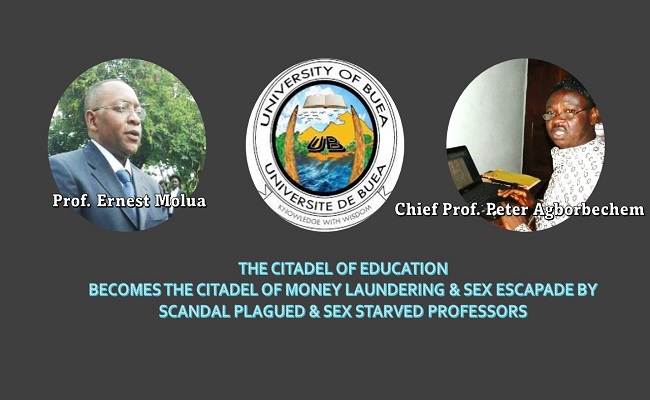
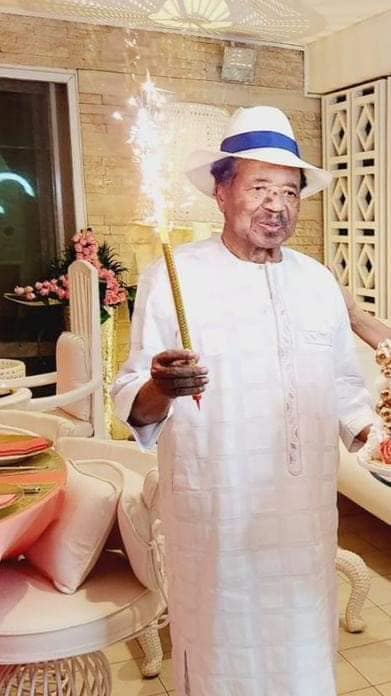
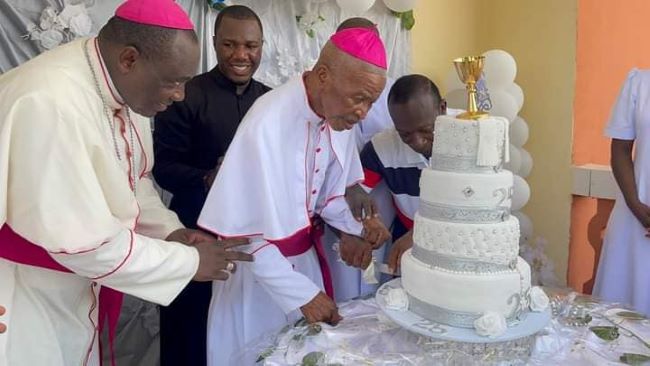















8, December 2021
Bishops condemn attacks on Southern Cameroons schools as more details emerge on the Ekondo Titi incident 0
Cameroon’s English-speaking bishops have condemned attacks on schools in the country’s conflict-ridden North West and South West Regions.
Their latest statement comes after four students and a teacher were killed on Nov. 24 at Government Bilingual High School Ekondo-Titi in the South West region.
Schools have become a battleground as Anglophone separatists fight the majority French-speaking government in the African country. For many years, the separatists imposed a schools’ boycott, which they enforced with violence.
“Our hearts have been pierced again!” said Archbishop Andrew Nkea Fuanya of Bamemda, in a statement he signed on behalf of all the bishops of his ecclesiastical province, which overs the Anglophone regions of Cameroon.
“In recent times, we have painfully witnessed an agonizing drama involving, among other evils, the targeting and killing of pupils, students and teachers … We have hardly recovered from the cruel killing of Enondiale Tchuengia Carolaisse, killed in Molyko-Buea on Thursday, October 14, 2021, and the brutal killing of another pupil, Brandy Tataw, on Friday, November 1, 2021, in Nkwen-Bamenda, then we are confronted again with the killing of four more innocent Cameroonians within the protected area of a school,” said the archbishop.
“These innocent victims are not the cause of the socio-political crisis, and their deaths cannot be the solution. Their murder is totally senseless and unacceptable,” Nkea said.
A local government administrator confirmed the attack, telling Crux that “separatist fighters laid ambush in the school before students arrived. They were dressed like soldiers to give students the feeling that they were actual soldiers guarding the school.”
Timothee Aboloa identified the students as Emmanuel Orume 12, Joyceline Iken 16, and Kum Emmanuel, 17. The teacher, Celestine Song was 58 years old and a mother of four.
“It was quite a frightening scene,” said Henry Agbor, a local resident.
“I heard a loud explosive. I was standing around the Okada beach park ready to take a bike to the beach before the mayhem broke out. Besides the teacher and students who have died, many students are also wounded,” he told Crux.
“We never expected this,” said Father Gaetan Ndongo.
“The attacks are creating fear around the place and the education of our children has been systematically sacrificed,” he told Crux.
The recent attacks are a grim reminder of the price education has had to pay in the separatist war in Cameroon’s English-speaking regions, now in its 5th year.
The darkest date was probably Oct. 24, 2020, when six children were killed by suspected separatists at the Mother Francisca International Bilingual Academy in Kumba.
Several other schools were attacked the following month, leading to the deaths of at least three other students.
Earlier this year, on Oct. 14, a soldier killed Enondiale Carolise, a student on her way to school in Buea. Another girl, Tataw Brandy, was killed by a soldier in Bamenda on Nov. 10.
The United Nations says more than 700,000 children have been forced out of school during the conflict, with 2 out of 3 schools being shut.
Yasmine Sherif, the director of Education Cannot Wait, said the Cameroon crisis is among “the most complex humanitarian crises in the world today.”
“Children and youth are having to flee their homes and schools, are threatened with violence and kidnapping, and being forced into early childhood marriage and recruited into armed groups,” said Sherif.
“We call for urgent support from donors to respond to this forgotten crisis. We call for the respect of human rights and adherence to the principles of international humanitarian law and the Safe Schools Declaration, and for partners to redouble efforts so all children and adolescents can get back to the safety, protection and hope that quality learning environments provide,” she said.
The bishops have condemned violence as a means of problem solving, insisting that life must be protected.
“We, the Bishops of the Ecclesiastical Province of Bamenda, condemn these barbaric acts, which violate all International Laws and Conventions safeguarding the inviolability of schools and the protection of learners (pupils and students), and teachers, offend against the fundamental right to education, and breaks the Fifth Commandment of God,” the statement reads.
“We have been persistent in our call for the respect and defence of human rights, especially the right to life, openness to dialogue, an option for the truth and recourse to peaceful means as the best way to a durable solution,” it continues.
While calling on the government to ensure the security of schools, we make a special appeal, once more, to all perpetrators of violence to allow the genuinely human feelings of love, pardon and benevolence to flow into their hearts so that the safety and security of all may be guaranteed, alongside the right of all young people to life and to an education and a future,” the statement added.
Source: Crux